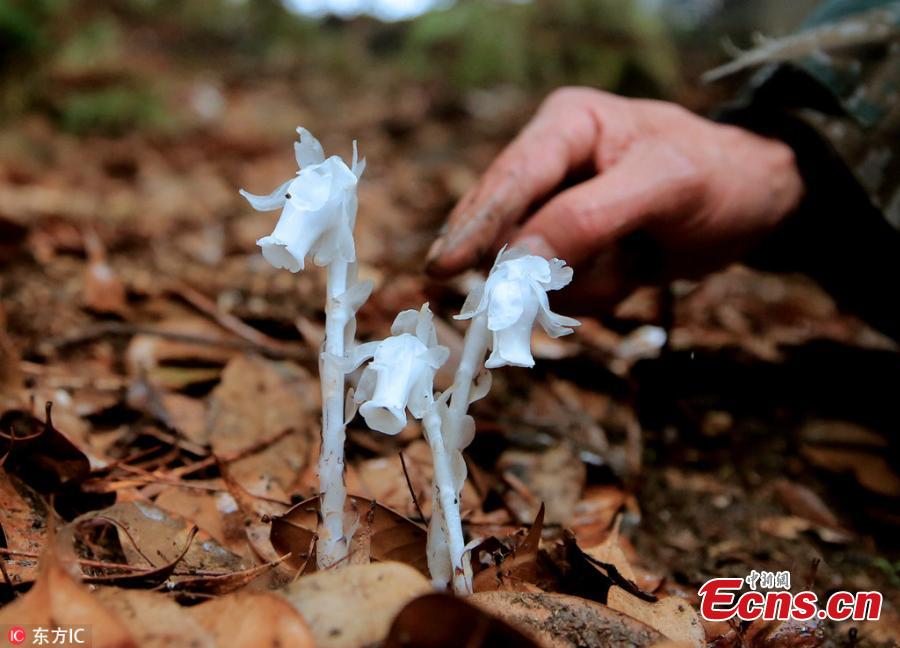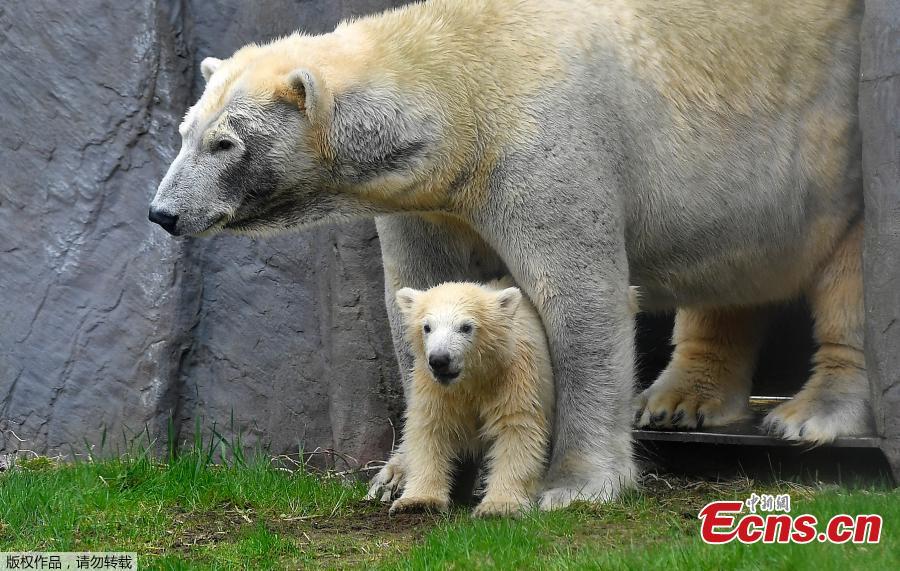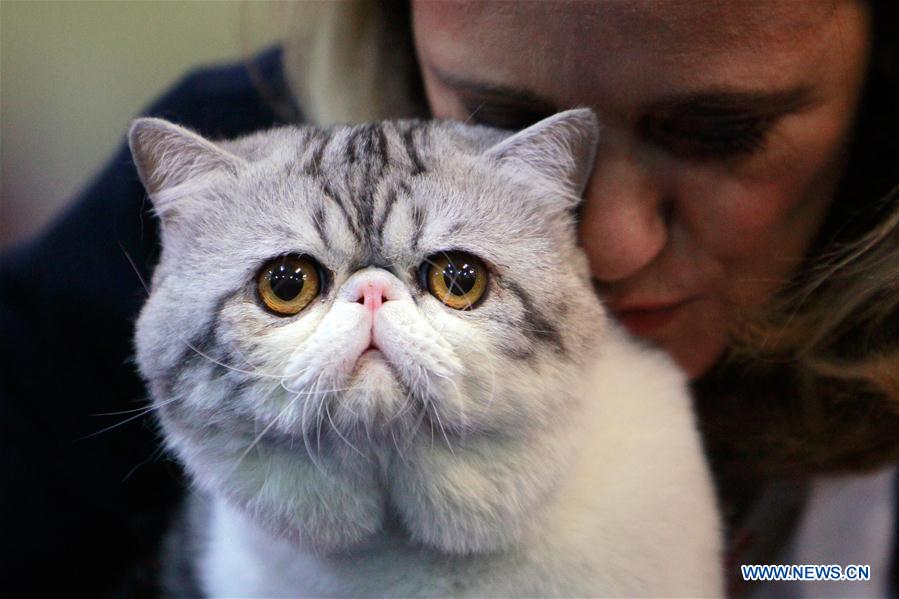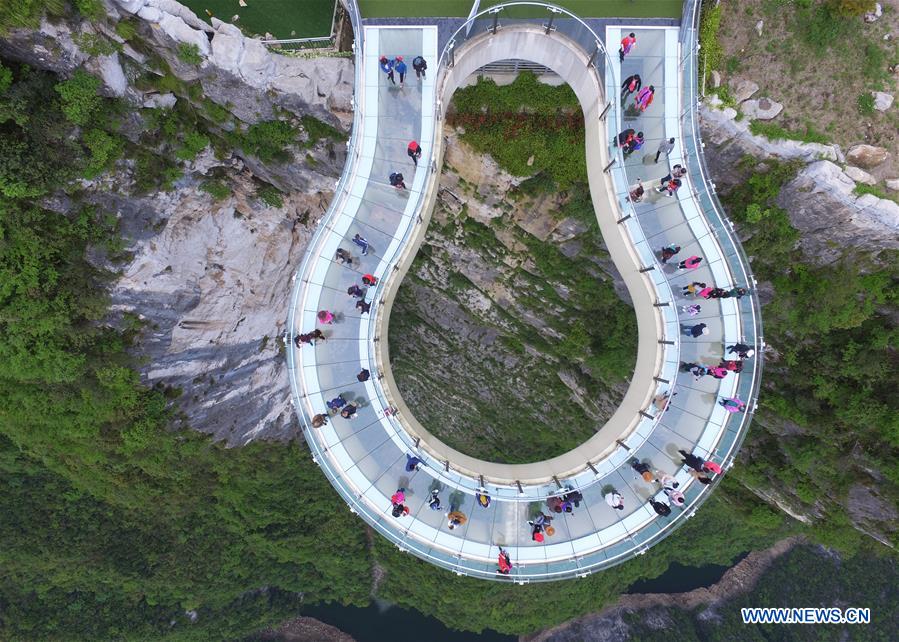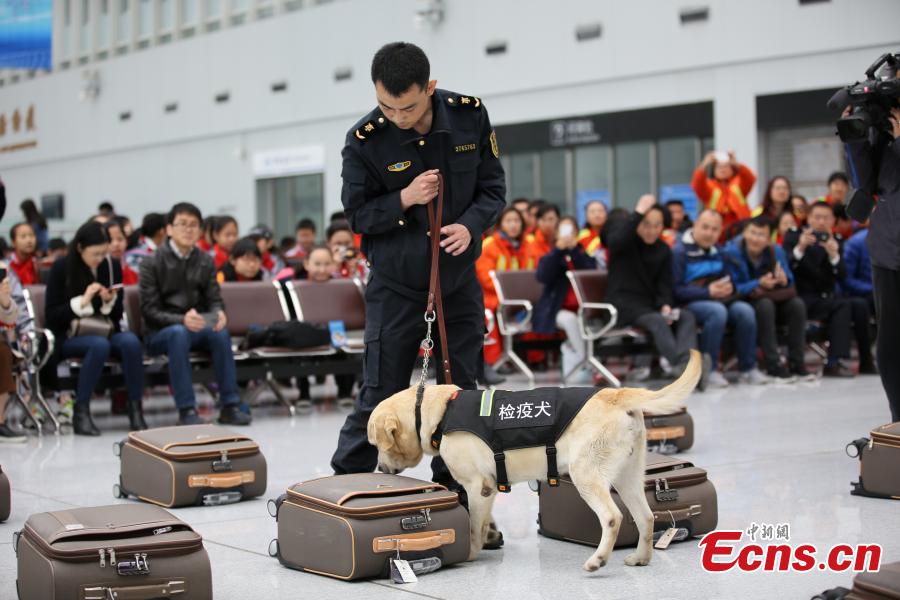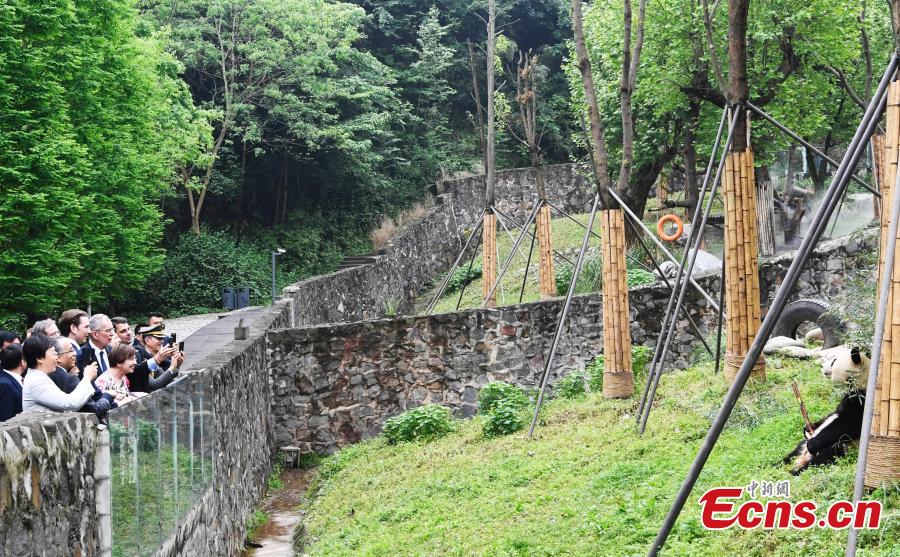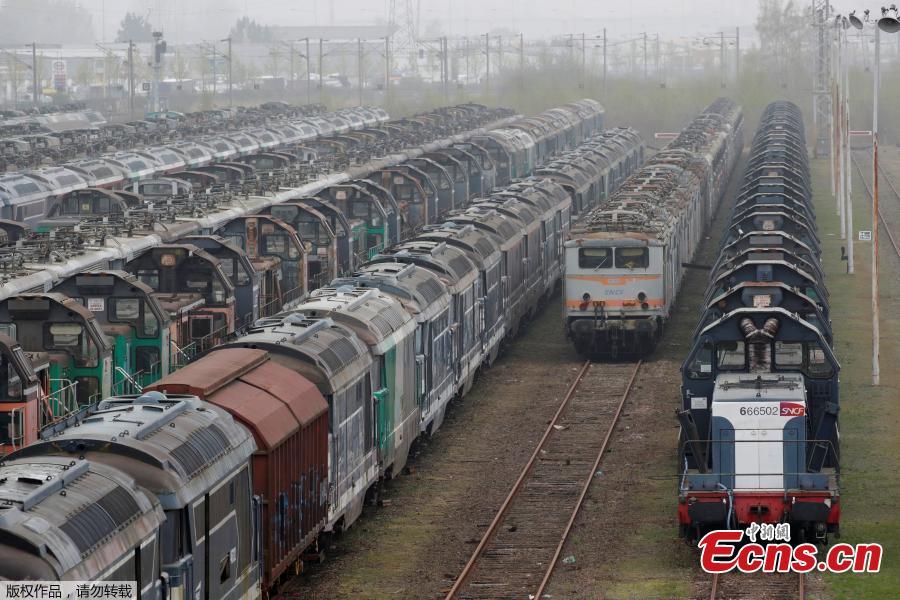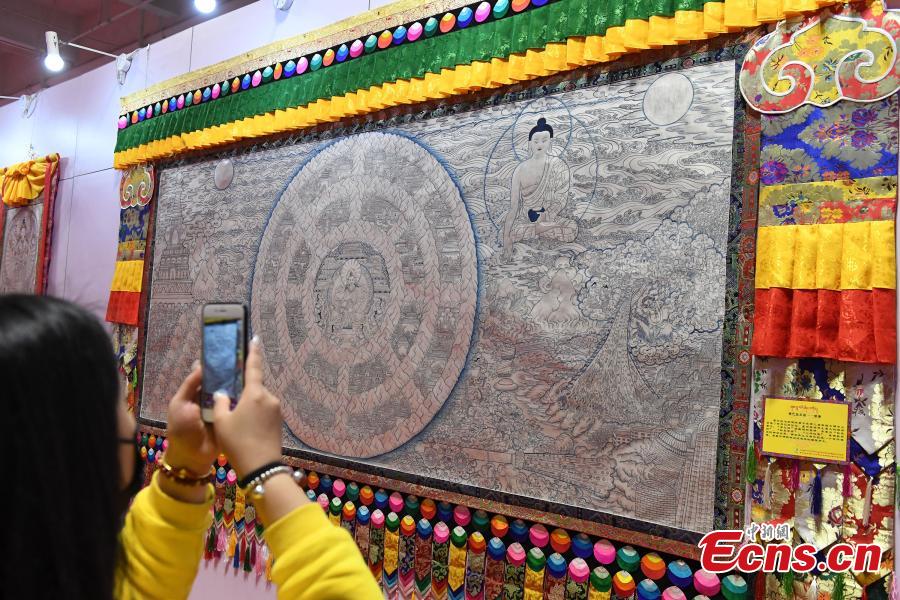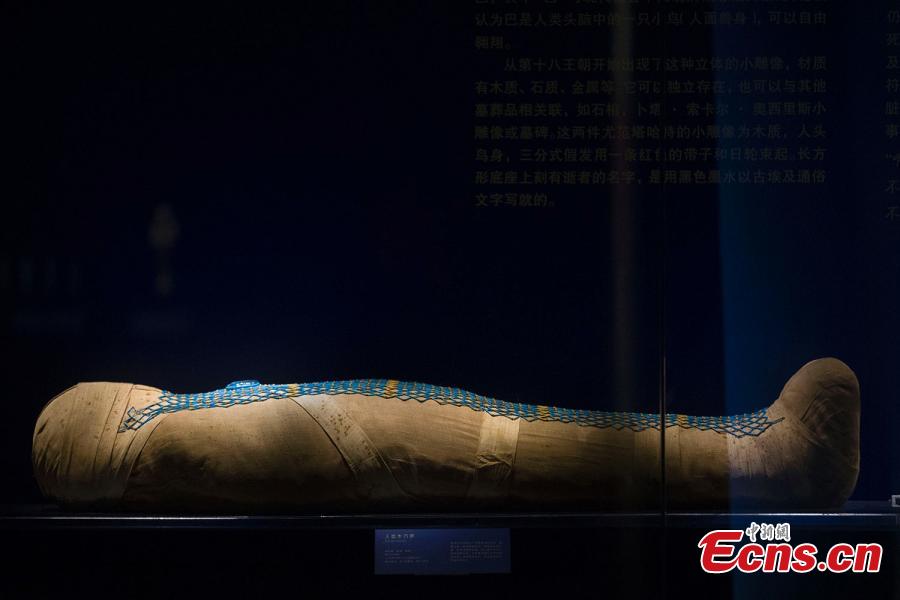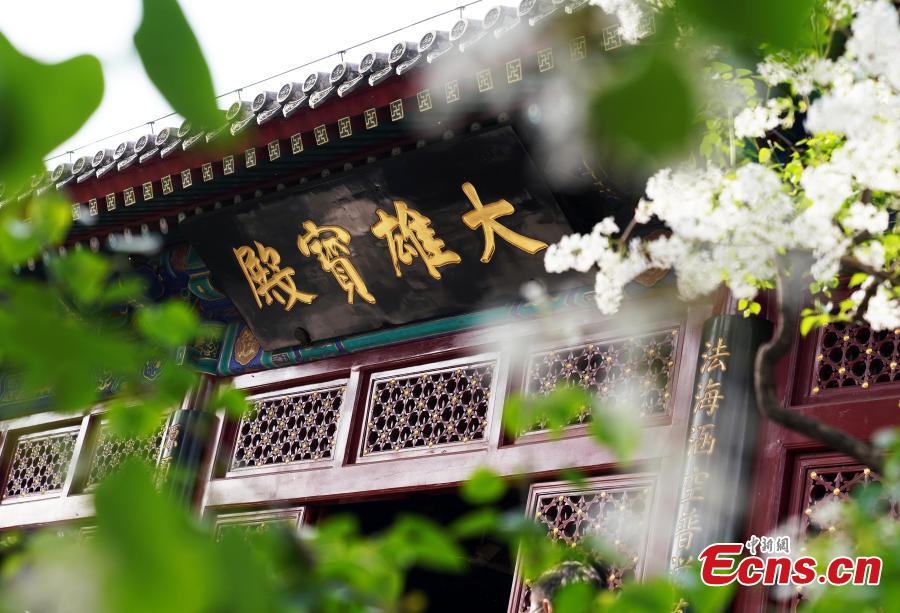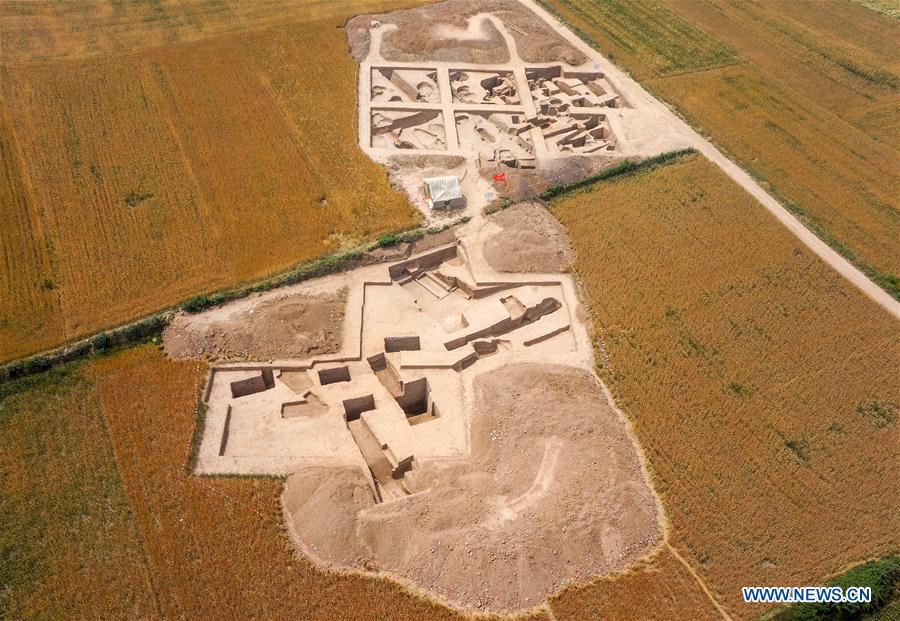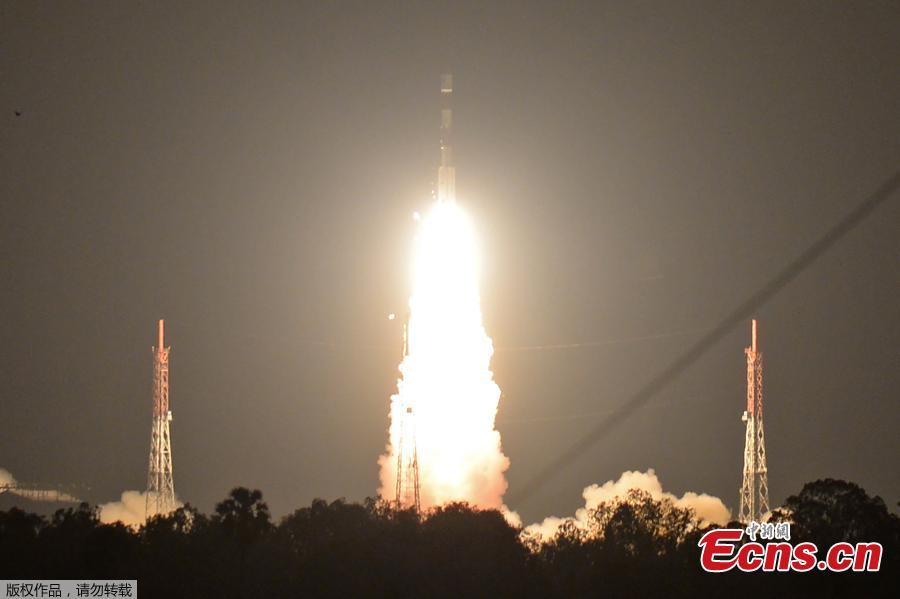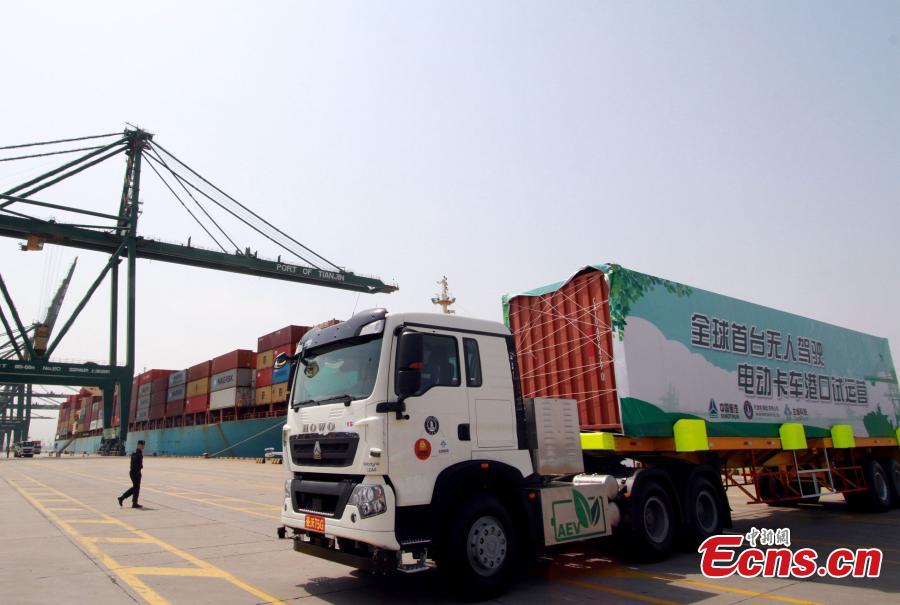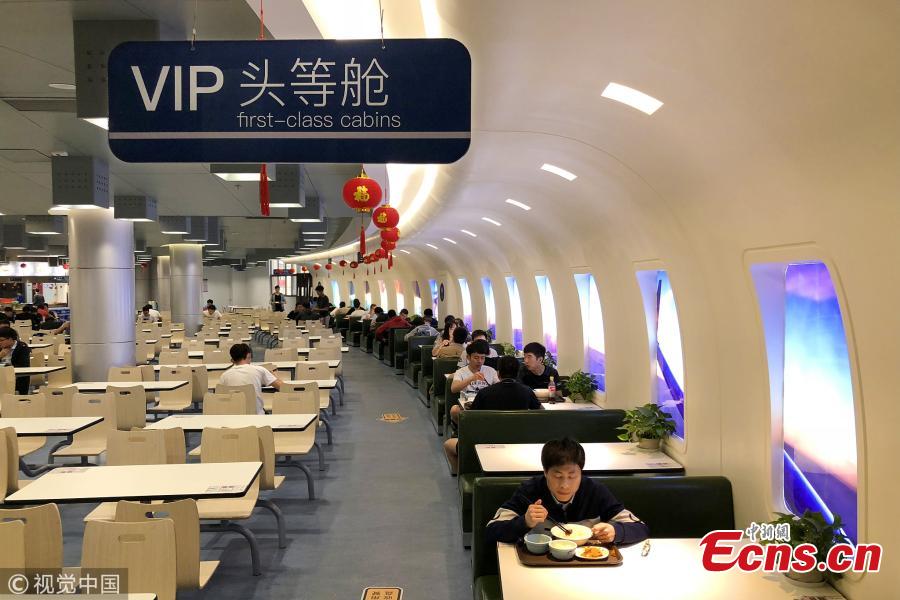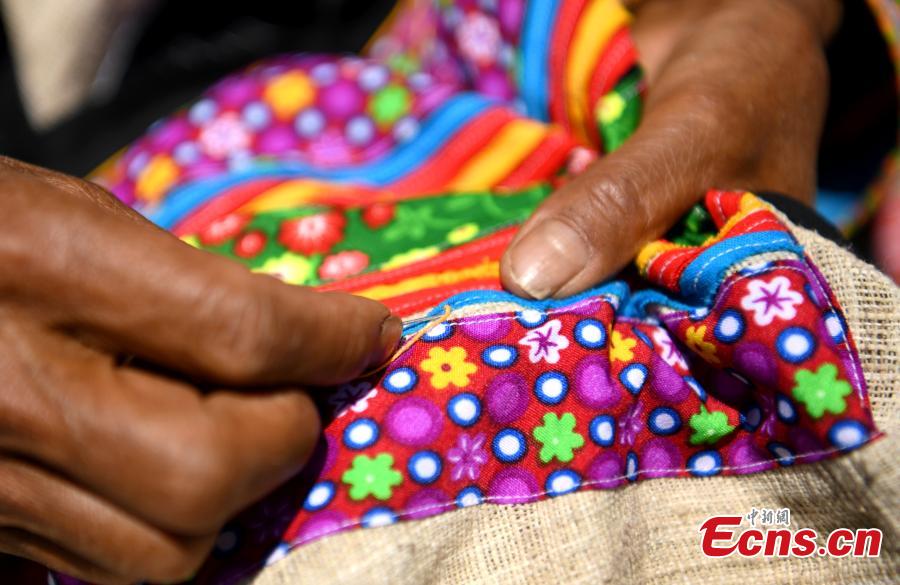Chinese are now eagerly looking to its own navigation app that's expected to debut next month and greatly improve the navigation accuracy to within a meter.
Many netizens expressed the hope of shifting from GPS to China's own Beidou navigation and positioning system.
"I'm very happy to see that Chinese are willing to support Beidou," said Xu Ying, a Beidou navigation expert at the Academy of Opto-Electronics of the Chinese Academy of Sciences.
However, she noted that downloading the app to a smartphone doesn't necessarily mean Chinese can use the Beidou system immediately.
"It's the chip installed in the smartphone that determines which navigation system to use. If your mobile phone doesn't support Beidou, no app can help," Xu said.
Many models of smartphone brands such as Huawei, Xiaomi, OnePlus, Meizhu, HTC and Nubia support Beidou, and more are expected in the future.
Named after the Chinese term for the Big Dipper constellation, Beidou aims to rival the U.S. GPS system, Russia's GLONASS and the European Union's Galileo as an alternative global satellite navigation system. The project was formally launched in 1994. It began to serve China in 2000 and the Asia-Pacific region in 2012.
China plans to send 18 Beidou-3 satellites into space in 2018. The system is expected to provide navigation and positioning services to countries along the Belt and Road by late 2018. By around 2020, when the Beidou system goes global, it will have more than 30 satellites.
Over the past five years, the system has helped rescue more than 10,000 fishermen. More than 40,000 fishing vessels and around 4.8 million commercial vehicles in China have been equipped with Beidou, said Beidou spokesperson Ran Chengqi.
China has sold more than 50 million domestically manufactured chips connected to the Beidou navigation and positioning system in the past five years.
By 2020, the value of China's satellite navigation business is expected to surpass 400 billion yuan (about 58 billion U.S. dollars), of which 240 billion to 320 billion yuan will go to the Beidou system, Ran said.










